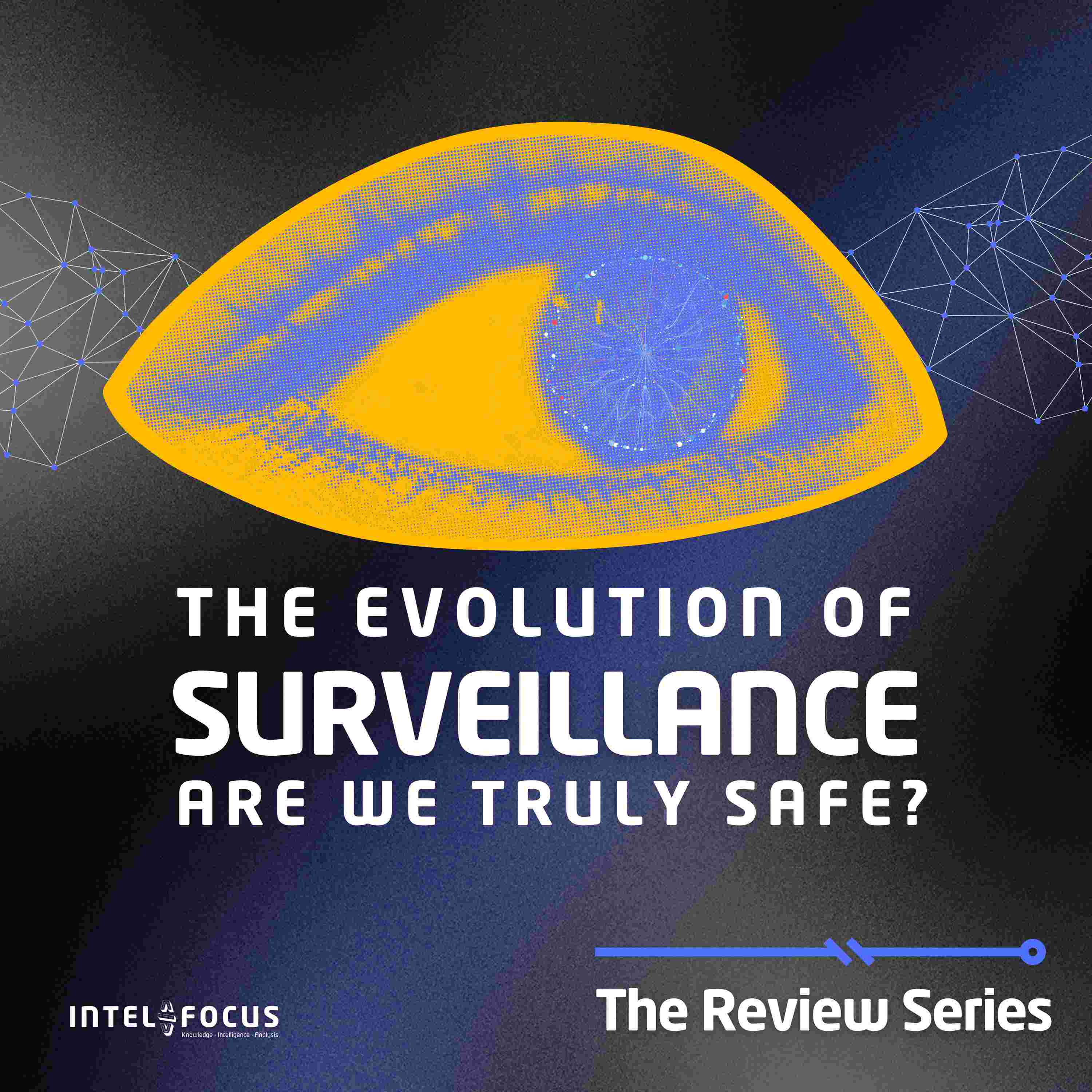

In this episode of Intel Focus, the hosts delve into the pervasive and evolving nature of surveillance, examining how our perceptions and reactions to being watched have changed over time.
They reference an academic paper by Michaela Padden on the OECD's historical caution towards data privacy and discuss how surveillance practices have been rebranded for convenience and efficiency since the 1990s.
The rise of surveillance capitalism and the collection of personal data for profit and control is detailed, including its tactics and implications. The episode also addresses the balance between data utility and privacy, the role of government and corporate partnerships in surveillance, and the concept of 'infopower.'
Finally, practical steps for protecting individual privacy in the digital age are offered, emphasising both personal vigilance and systemic change.